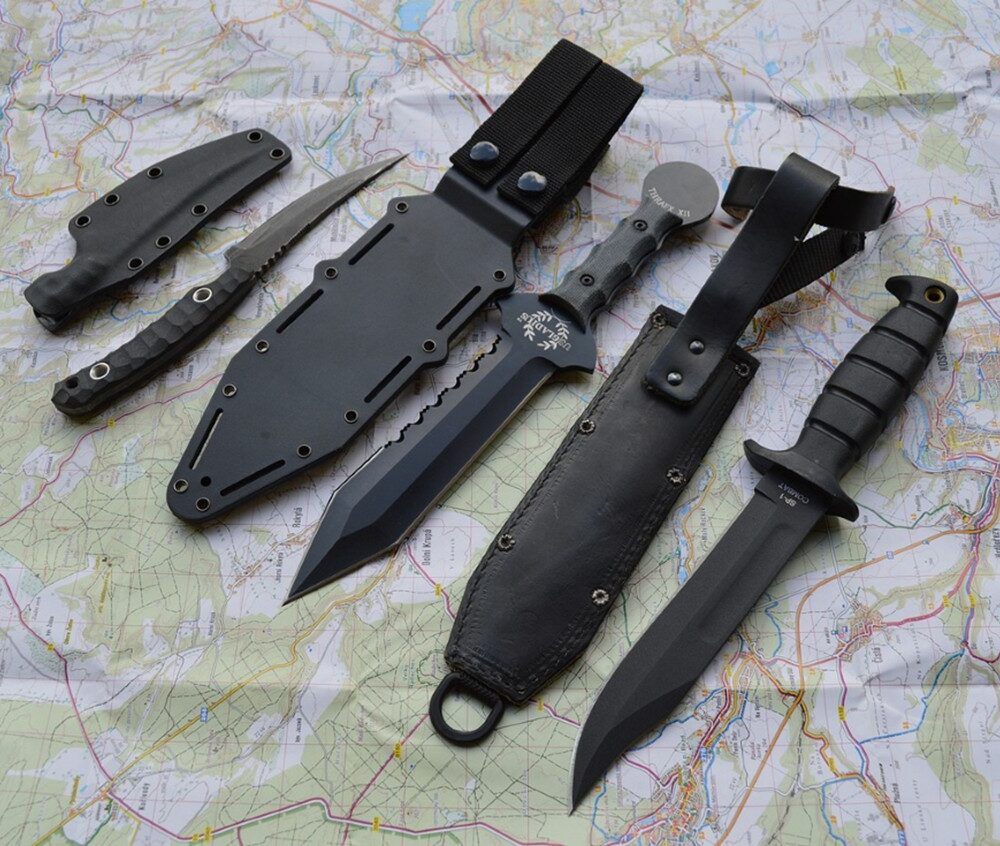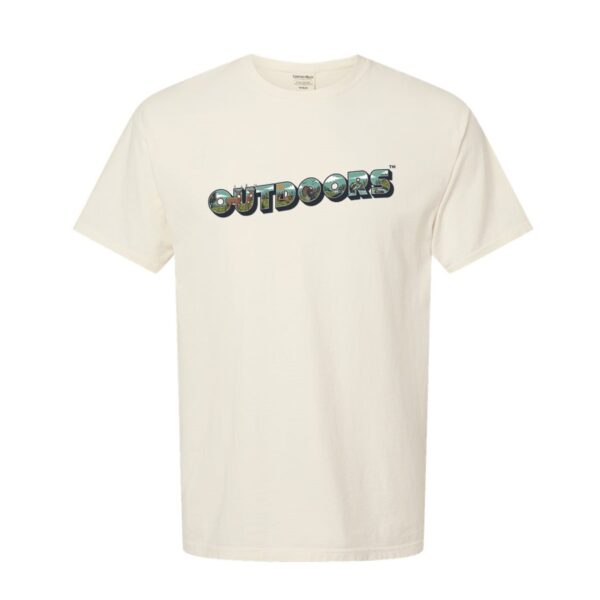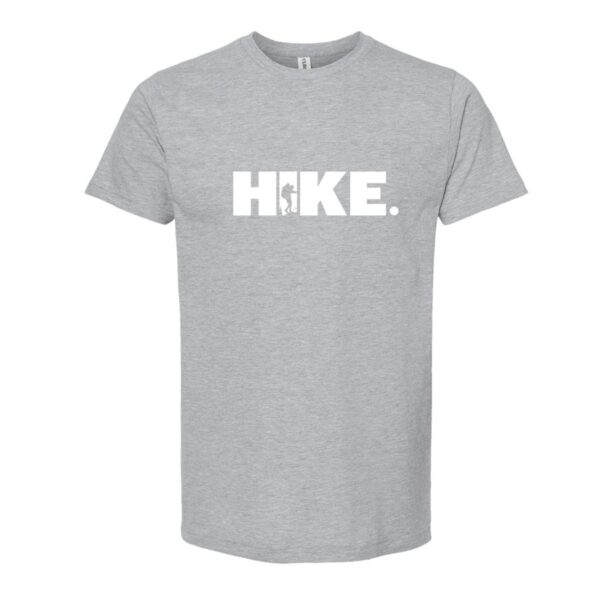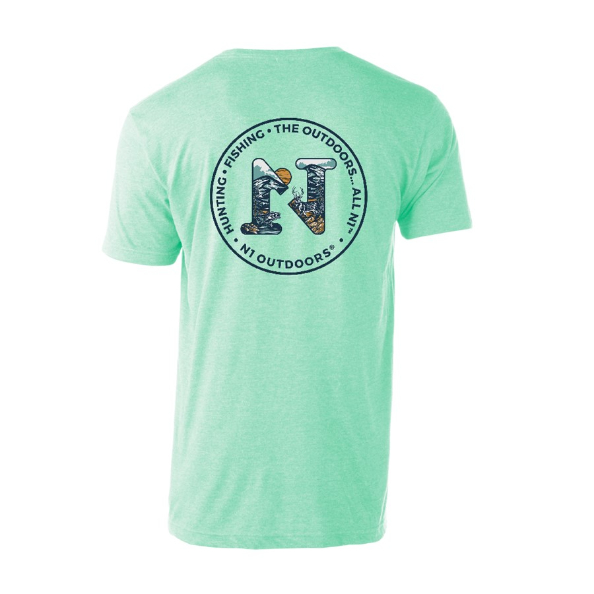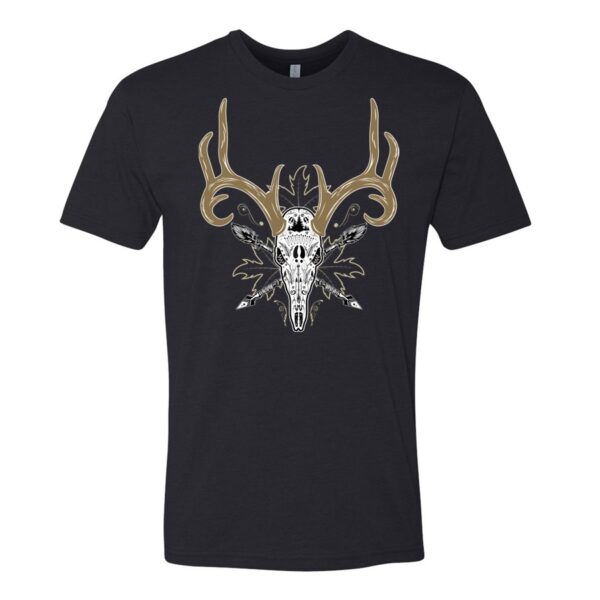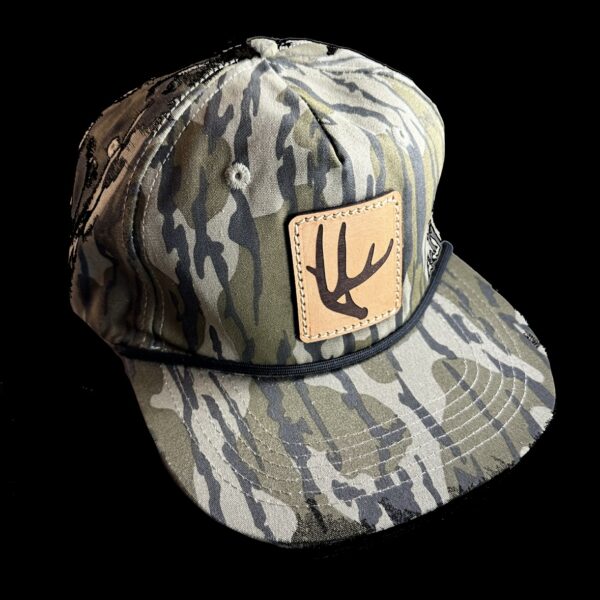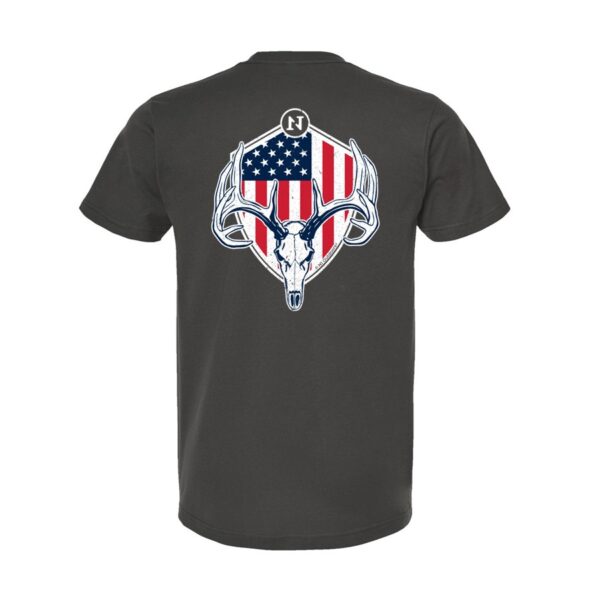Knives are essential tools that cater to various needs, from everyday kitchen tasks to demanding survival scenarios.
Types of Knives
Each type of knife has specific features and purposes, ensuring optimal performance in its intended use. so, let’s take a look at some of the most popular types of knives.
Tactical Knives

Most tactical knives are compact and foldable, allowing for easy carry. The most common types of tactical knives include folding, fixed-blade, combat, and karambit knives, to mention a few.
Tactical knives are versatile tools designed for demanding scenarios and emergencies. They are typically made of high-quality materials like stainless and carbon steel for longevity. Tactical knives also have features like serrated edges, and some have capabilities as glass beakers and seatbelt cutters.
Below are some key features of tactical knives:
- Blade types: Tactical knives’ blades are often straight-edge, serrated, or a combination of both for cutting through materials
- Compact designs: Many tactical knives are foldable for portability, while fixed blades provide extra strength.
- Emergency tools. Some tactical knives are equipped with features like glass breakers, seatbelt cutters, and thumb grips for easy handling
Tactical knives are popular among military personnel, law enforcement, and outdoor enthusiasts. There are many manufacturers of high-quality tactical knives tailored to an individuals needs, including companies like CRKT .
Here are the common uses of tactical knives:
- Self-defense, especially in close combat
- Utility tasks, such as opening boxes, cutting ropes, and breaking glass in emergencies
- Emergency rescue, mainly those with seatbelt cutters and glass breakers
Survival Knives
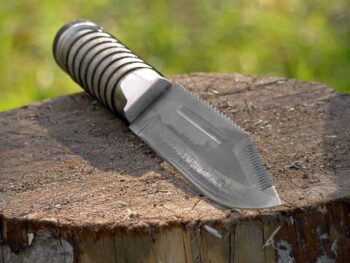
Survival knives can feature fire-starting tools, pommels, and saw back edges for hammering. Pocket knives (folding knives), fixed-blade knives, and machete knives are all excellent examples of survival knives.
A survival knife is perfect for wilderness adventure and emergency preparedness. Survival knives are designed for utility and durability and typically feature full-tang blades (blades that are a single piece of metal and extend through the handle for toughness and strength.)
You can use a survival knife for:
- Building shelter: Survival knives can cut wood, carve notches, or trim branches
- Fire starting: Often paired with a Ferro rod, a survival knife’s blade can create sparks to ignite a fire.
- Food preparation: Effective for skinning animals, fileting fish, and chopping vegetables.
>> More great camping tees HERE!
Hunting Knives
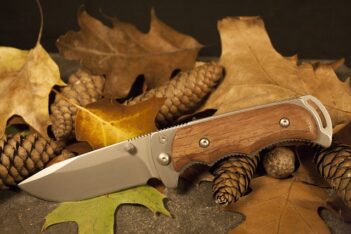
Hunting knives feature sharp, durable blades that make skinning, gutting, and butchering easy. They are also made of high-quality steel to withstand rugged outdoor conditions. Skinning knives, boning knives, camp knives, and gut hook knives are perfect examples of hunting knives.
Hunting knives are designed for processing game animals. A hunting knife is a must-have if you are a hunter or an outdoor enthusiast.
Below are some of the uses of hunting knives:
- Skinning
- Butchering
- Field dressing, which involves gutting and cleaning animals after a hunt
- Utility tasks like cutting ropes, preparing kindling, and performing campsite chores
>> More awesome hunting apparel HERE!
Utility Knives

Utility knives are some of the most versatile cutting tools for various tasks, including construction, crafting, and everyday projects. Their blades are made of durable materials like stainless steel or high-carbon steel.
Some key features of utility knives:
- Adjustable lengths to allow precision for cutting materials of different thickness
- Compact design. Many utility knives feature foldable or retractable blades for portability
- Their blades are made of durable materials like stainless steel or high-carbon steel
Some utility knives also feature replaceable blades or adjustable blade lengths, making them perfect for DIY enthusiasts and professionals. You can use utility knives for:
- Everyday household tasks: Opening packages, trimming tape, or slicing through rigid plastic packaging.
- Construction and renovation: Cutting drywall, insulation, or carpet with precision
- Crafting and art projects: Excellent for cutting paper, cardboard, or delicate material
Here are some examples of utility knives:
- Fixed-blade utility knives
- Retractable-blade utility knives
- Folding utility knives
- Snap-off blade knives
Pocket Knives
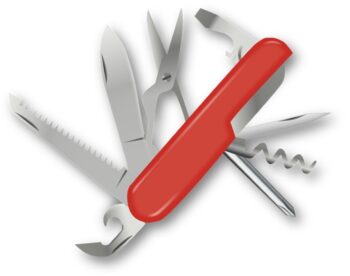
Pocket knives are compact, foldable cutting tools designed for convenience and everyday use. They are highly versatile, thanks to additional tools like bottle openers and screwdrivers. Pocket knives have folding blades that ensure portability and safety when not in use.
Models like the Swiss Army knives (example picture above) have additional features that increase versatility.
Below are some common uses of pocket knives:
- Camping: Cutting ropes, opening cans, and preparing meals.
- Everyday carry: You can use a pocket knife to handle everyday tasks like opening mail or trimming loose threads.
- Emergency use: A pocket knife can come in handy during an unexpected situation.
Machetes
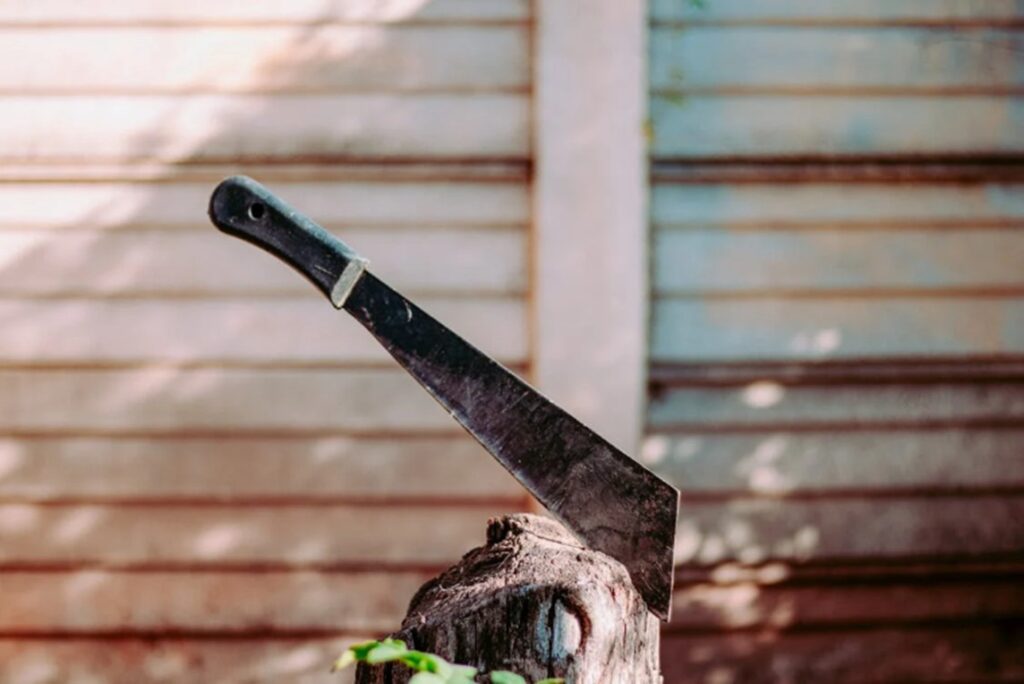
Machetes are long-bladed tools primarily used for heavy-duty cutting and chopping tasks, especially in agricultural or outdoor settings.
Machete features:
- A blade length of 12 to 24 inches
- A heavy tip for effective chopping
You can use a machete for:
- Clearing bushes: A machete is ideal for creating trails or managing overgrown vegetation
- Harvesting crops: Frequently used for cutting sugarcane, bananas, or other crops
- Outdoor survival: Splitting wood or preparing food in the wild.
Final Thoughts On Types Of Knives
Knives are versatile tools designed to meet various needs, from daily tasks to specialized applications. Be sure to familiarize yourself with the different types of knives, their uses, and how to safely use them, so that you can choose the right cutting tool for the job, whether for cooking, outdoor adventures, or professional tasks.

